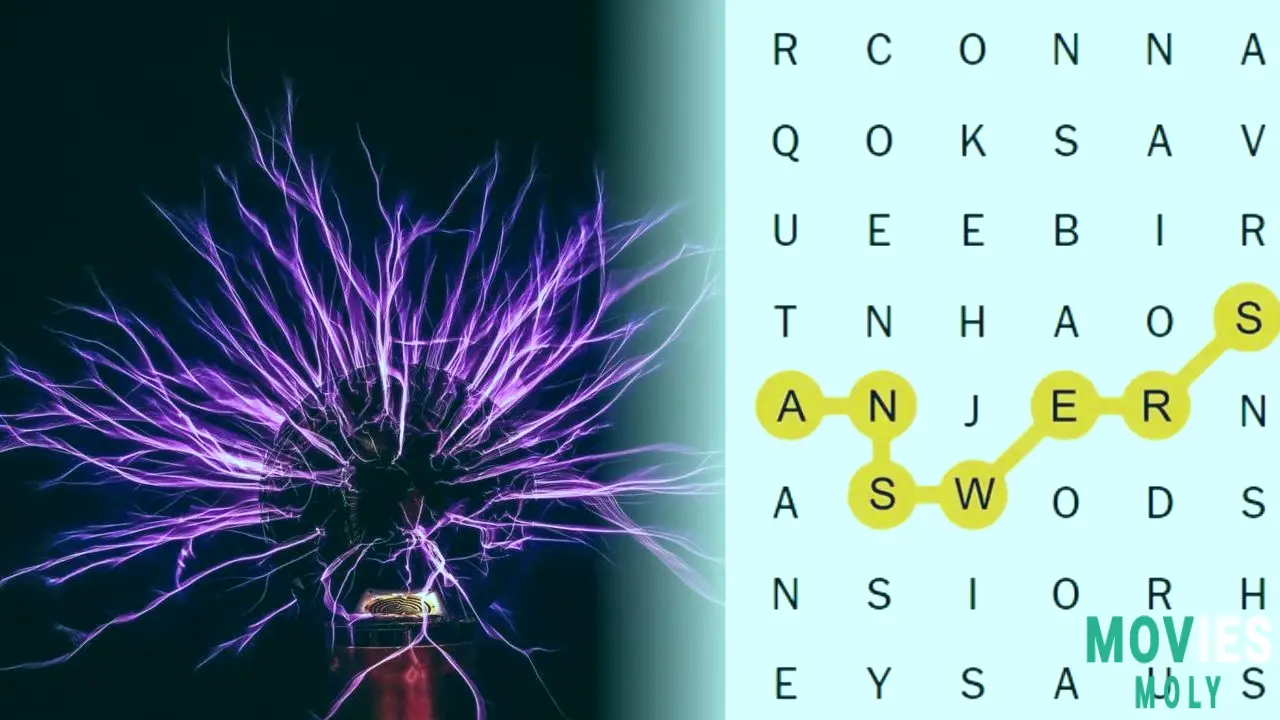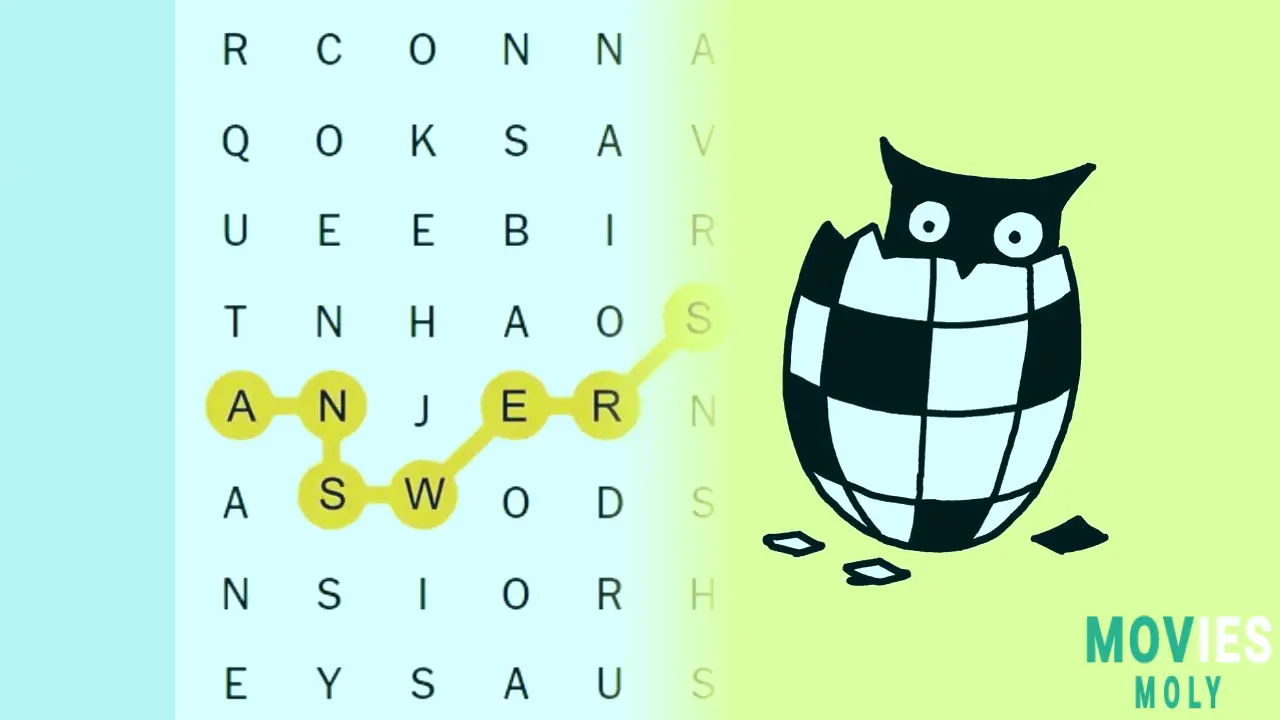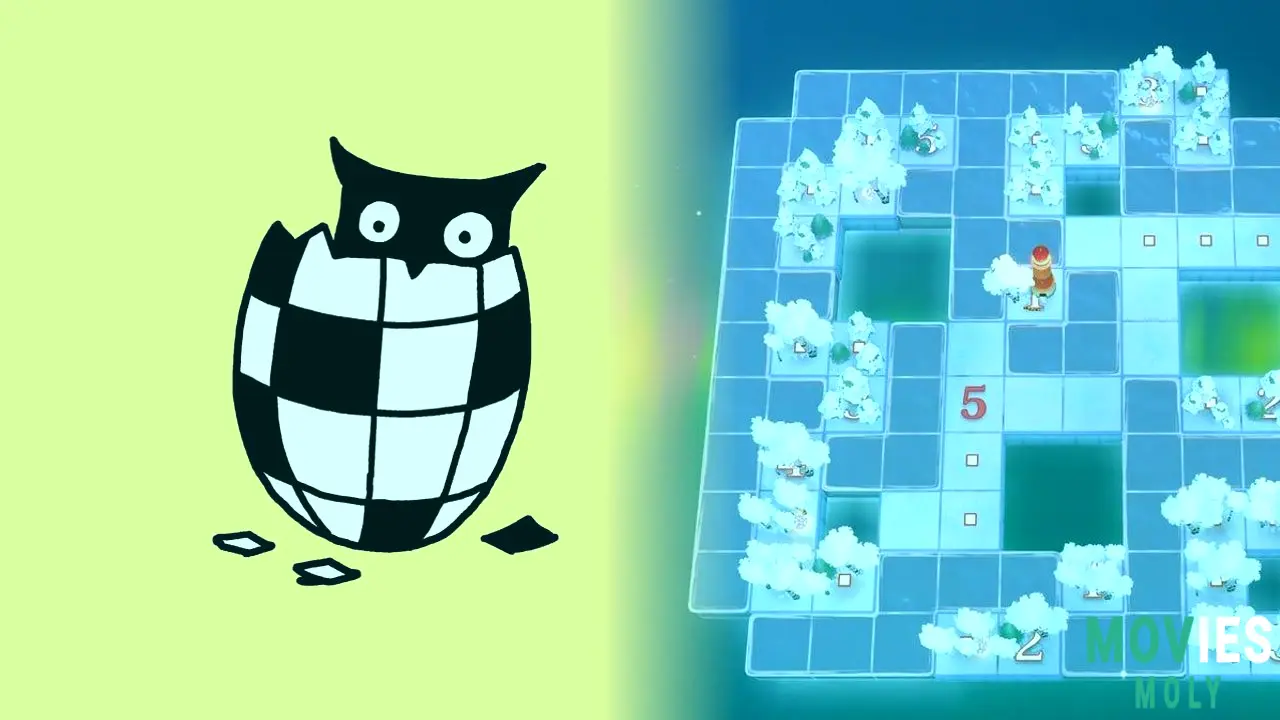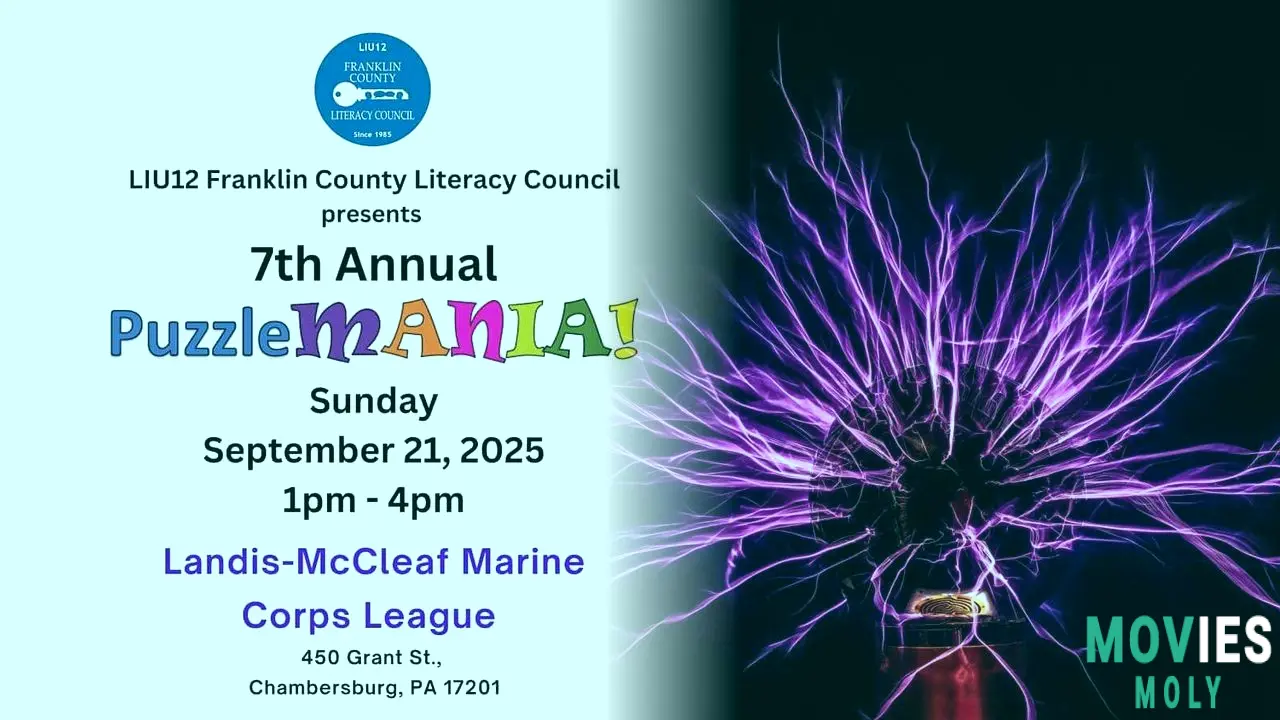Let me confess: I spent the 2020 lockdown huddled over a phone screen, doing Slitherlink puzzles as if my life depended on it. While everyone else baked sourdough, I became captivated with the sharp delight of logic grids, which scratched an old itch in my head. Which is why it aches my heart that puzzle games are rarely given their due. We dismiss them as mere distractions, despite the fact that they are the finest form of narrative ever devised by humans: silent exchanges between designer and player in which every "Aha!" moment feels earned.
The Renaissance No One Is Talking About (And Why AI Cannot Keep Up)Kids Are Outsmarting Chatbots At Their Own Game— Literally
Recent research from the University of Washington found something wonderful: toddlers routinely outperform AI at solving visual logic puzzles using raw pattern recognition and creativity. Their game AI Puzzlers assigns children to accomplish ARC (Abstraction and Reasoning Corpus) challenges, the irritating "complete the grid" issues that distinguish human brilliance from algorithmic guesses. Even when chatbots provide proper responses, their explanations frequently fail under inspection.
This is more than simply trivia. It reveals a generational shift in how people interact with technology. As engineer Daniel Lacks told Neuroscience News, "Kids are skeptical." They perceive AI as a tool that requires instruction, rather than an oracle." We're developing a generation of critical thinkers who ask "Why?" and "How?" in response to AI's arrogant wrongness, abilities honed by days spent battling with Tametsi labyrinths or mastering the spatial wizardry of The Last Clockwinder.
The 250-Year-Old Mystery Hiding Inside Your Laundry Basket

Here's a shocking revelation: scientists still don't fully comprehend static electricity. New research reveals how materials "remember" previous encounters via microscopic surface modifications, a phenomenon that could transform everything from industrial engineering to puzzle design. Physicist Scott Waitukaitis' team discovered that repeated contact smoothes materials, modifying their charge behavior in ways that contradict standard triboelectric series.
It's surprisingly lyrical. Even the simplest friction, like the best puzzles, provides a plethora of possibilities. Remember how Baba Is You transformed game rules into a customizable playground? These ideas seem to be cut from the same cloth: systems in which interactions alter reality.
The Puzzle That Broke My Brain (And Why You'll Enjoy It)

Nurikabe World Proves That Logic Games Can Be Art
Let's get right to it: Nurikabe World belongs in the same puzzle pantheon as Portal and The Witness. This beautiful recreation of Nikoli's original grid problems (which sprung from the same Japanese crucible as Sudoku) elevates cold logic to peaceful artistry. What's the goal? Carve rivers across 3D islands to separate numbered plots while keeping waterways connected. Succeed, and barren squares transform into miniature ecosystems - pagodas piercing skies, sakura trees swinging with physics-driven grace.
It's the anti-Sudoku: no tedious number crunching, just simple spatial reasoning that progresses over 150 handcrafted levels. Designer Ian Snyder's genius is in educating through joyful failure. Early puzzles gently urge you towards techniques like "loop exclusion" or "constraint propagation" - abilities that seem apparent in retrospect but leave you slapping your forehead when first confronted.
Why This Genre's Quiet Rebellion Matters

In an era of bloated open worlds and live-service treadmill games, puzzle games like Nurikabe World and AI Puzzlers provide something novel: clarity. They're digital zen gardens where triumph comes from seeing systems from a different perspective rather than through reflexes or grinding. The UW researchers discovered that children understood this intuitively, referring to AI outputs as "the internet's mind" rather than human ingenuity. The contrast between our chaotic, wonderful minds and frigid code is what characterizes the enchantment of modern puzzles.
So the next time you find yourself idly scrolling, remember this: Nurikabe World is available on Steam for $7.50. Those 3 a.m. "Eureka!" moments when patterns align? That's not simply serotonin; it's the sound of your inner child outwitting an algorithm.
Nurikabe World is now available for Steam and Nintendo Switch. The Kotaku-approved "best $7.50 you'll spend this year" is presently 25% off as part of a summer sale.




